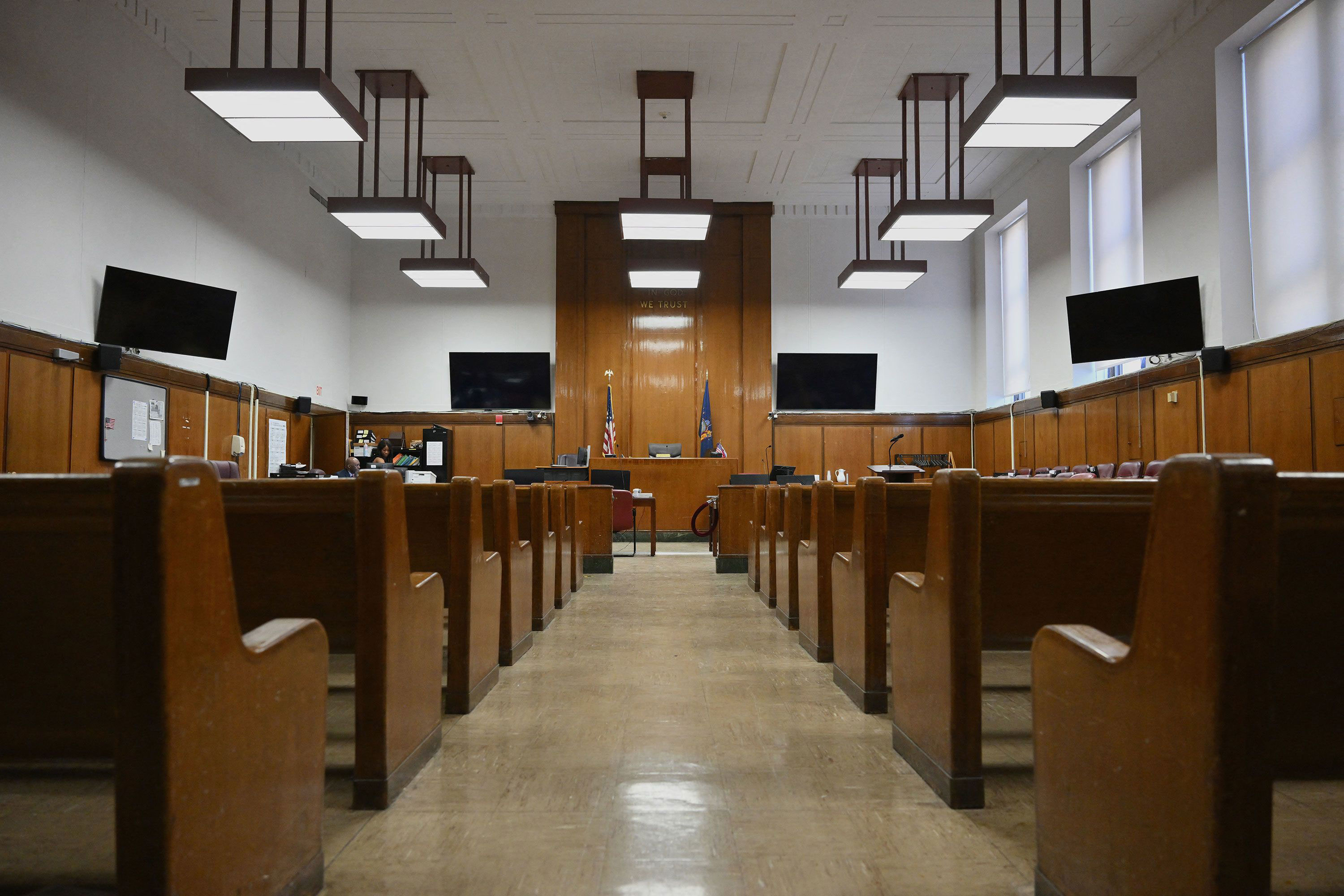Bussiness
Here’s what prosecutors have to prove in their case against Trump

Former President Donald Trump is on trial in Manhattan for his alleged role in a hush money scheme to silence his alleged mistresses before the 2016 election. He faces 34 counts related to “falsifying New York business records in order to conceal damaging information and unlawful activity from American voters before and after the 2016 election.”
Prosecutors need to prove beyond a reasonable doubt that Trump falsified business records with the intent to commit or conceal another crime, but they don’t have to prove that Trump committed that crime. The prosecution theory is that the second crime could be in violation of federal and state election laws or state tax laws regarding how the reimbursements to Michael Cohen were handled.
Trump’s attorneys have kept their defense close to the vest, but in court filings they’ve indicated that they plan to attack the credibility of Cohen and Stormy Daniels and paint them as liars who are motivated by grudges and money.
Trump’s legal team is led by Todd Blanche and Emil Bove, two former federal prosecutors from New York, and Susan Necheles, a veteran criminal defense lawyer with deep experience in New York and before Judge Juan Merchan. Necheles represented Trump’s business at its tax fraud trial in 2022. The company was convicted.
Outside lawyers who have been following the case closely say Trump is likely to argue that hush money payments are legal and distance the former president from the repayment scheme and bookkeeping handled by his trusted employees. They may also argue the payments were made to prevent embarrassment to Trump’s family and not to influence the election. Trump could also testify in his own defense. He has testified in two recent civil trials, after regretting not taking the stand in a prior civil trial, but the stakes are higher in a criminal case.










